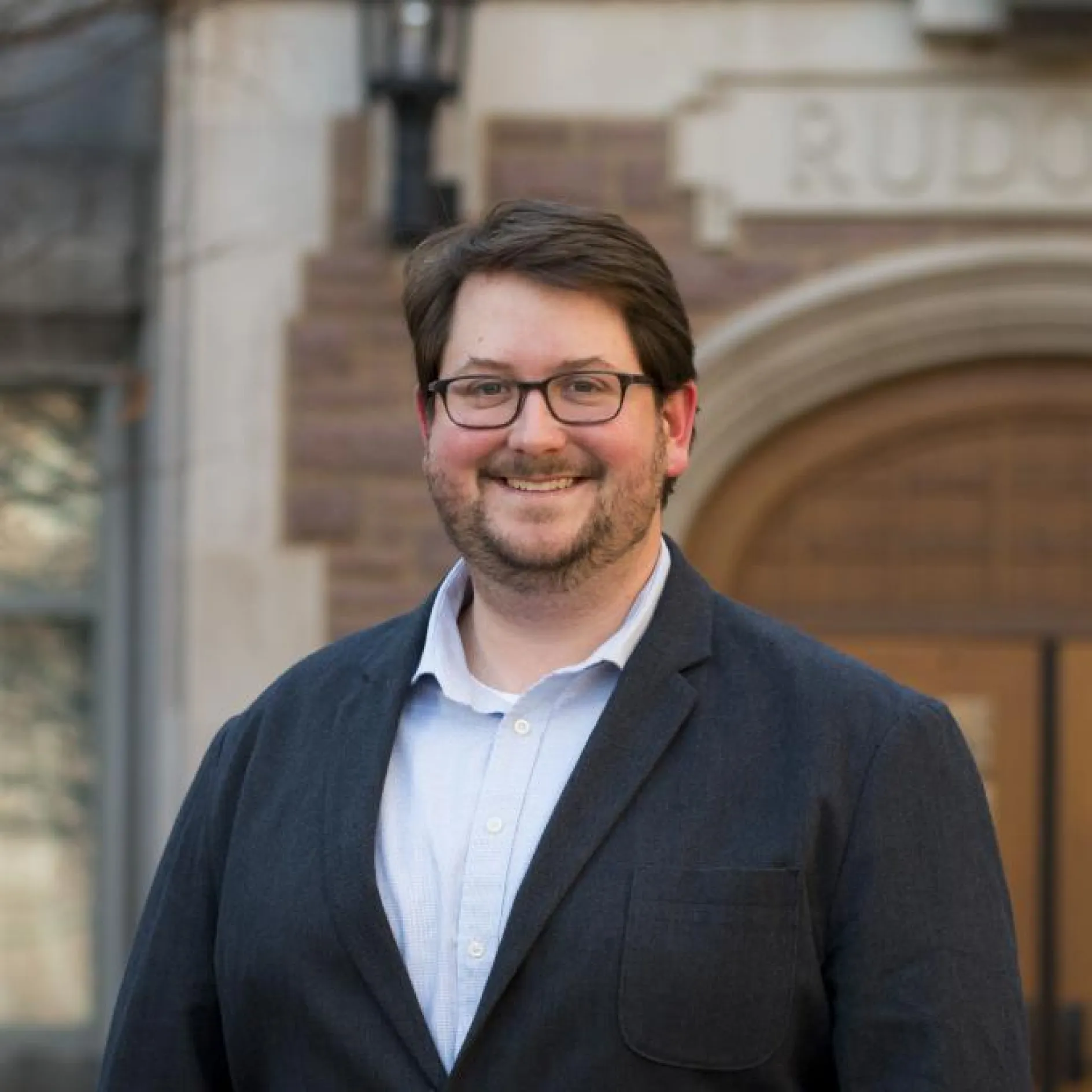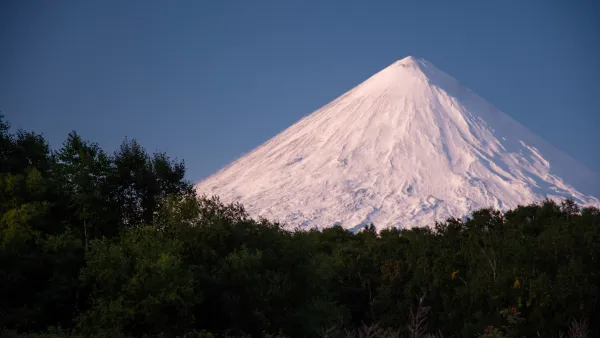Michael Krawczynski's research group uses experimental approaches to study the mechanical and chemical behavior of rocks and minerals.
Professor Krawczynski is an experimental geochemist who leads a multidisciplinary research program studying the formation and evolution of planets at high pressure and temperature combined with fieldwork at volcanoes on Earth. He is the PI of the Experimental Geochemistry Lab at Washington University, part of the larger Experimental Studies of Planetary Materials (ESPM) group, which includes rock deformation and experimental geophysics. Our group is also affiliated with the Institute of Materials Science and Engineering (IMSE) and the McDonnell Center for the Space Sciences (MCSS).
Experimental studies on natural materials such as rocks, minerals, and meteorites are a key to unlocking knowledge about planet formation, crustal evolution, time scales of magmatic and volcanic events, and a petrologic understanding of our place in our solar system. The extreme conditions that characterize chemical reactions within the earth and other planets can be recreated in this lab. Krawczynski’s research focuses on both terrestrial and planetary questions such as: the timing of pre-eruptive perturbations and magma mixing that occurs before volcanic eruptions; constraining cooling rates of early planetesimals in our solar system; studying large scale magmatic fractionation of planets such as core and mantle formation through magma oceans or crustal formation (in particular the Moon); and exploring the effect of volatile elements on magmatic evolution at subduction zones. Krawczynski’s lab specializes in pushing the field of experimental geochemistry forward by combining high temperature experimental work with detailed precise analytical techniques, taking advantage of the plethora of advanced analytical equipment at Washington University in St. Louis.


